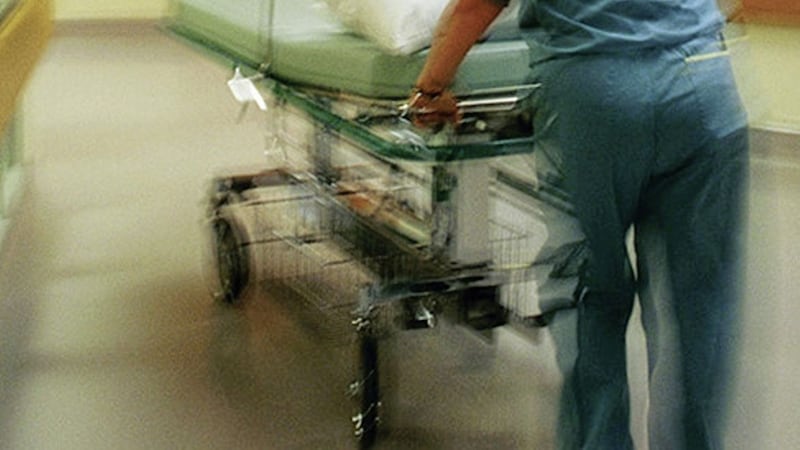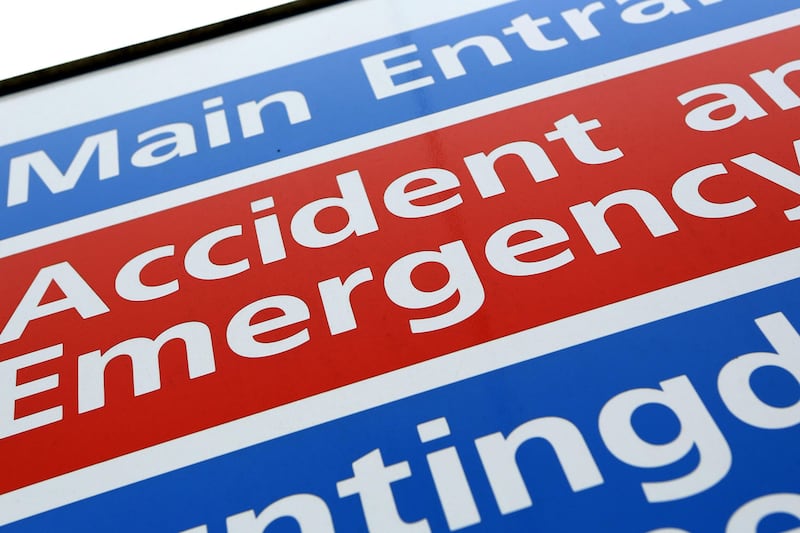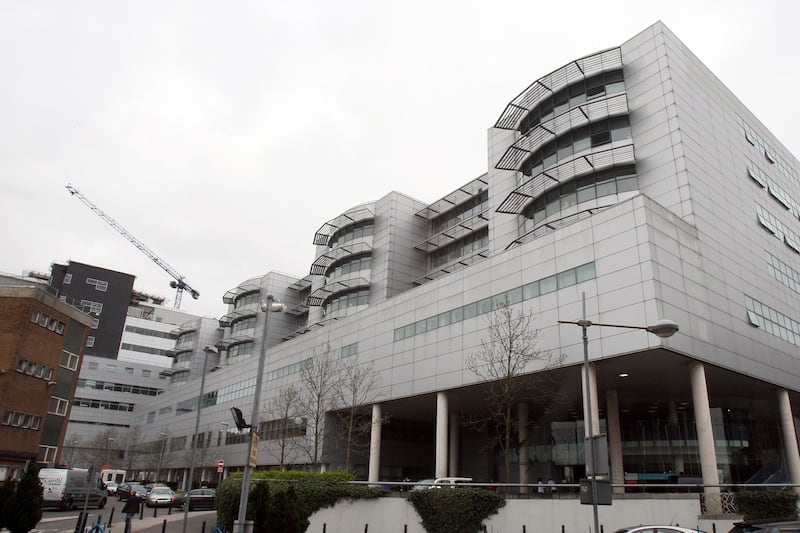ALMOST 200 patients were forced to wait more than 24 hours in the north's emergency departments in the week between Christmas and New Year.
They were among more than 900 people who had to wait more than 12 hours to be dealt with in overstretched A&Es as hospitals across the north face severe pressures.
However, the Health and Social Care Board (HSCB) would not provide details of the longest individual waiting times.
Staff and trade unions have expressed serious concern about the situation, with one representative describing it as the worst he has seen.
Health officials have also warned that postponing scheduled operations could be "unavoidable" for some trusts as they battle to deal with pressures amid significant staff shortages.
The Irish News revealed this week how St John ambulance volunteers were drafted in to provide cover at Antrim Area Hospital.
Official figures released yesterday show more than 15,600 patients were treated at emergency departments over the period from Christmas Eve to New Year's Day – a four per cent increase compared to last year but a 14 per cent surge on 2015/16.
Of these, 928 people had to wait longer than 12 hours to be seen, treated and either discharged or admitted to hospital.
A total of 195 experienced delays of at least 24 hours.
Last January one pensioner endured a 40-hour trolley wait in Antrim Area Hospital, but the longest delay before treatment last week was not disclosed.
Dozens of patients have also been unable to leave hospital when intended because there wasn't a suitable community care package ready in time.
Over the week between Christmas and New Year, 267 patients with complex needs were discharged from hospital, but discharges for 44 of them were delayed for more than 48 hours.
As of 11am yesterday, there were still 186 patients waiting to be admitted to hospital from A&E departments.
Sean McGovern, of the Royal College of Emergency Medicine NI, said the situation was the worst he has seen.
"The situation is in crisis. We have an extraordinary number of people waiting for a bed. We have a social care system that requires reform and we have staffing depletion," he told the BBC.
The HSBC said plans had been put in place across the health and social care system to manage increased pressures at this time of year.
"However, as a result of increased demand on top of an already very busy system, the level of complex and serious conditions, particularly amongst the growing frail and elderly population, the prevalence of flu and other respiratory conditions at this time of year, and the challenges of helping patients to return home after a hospital stay, some patients have had to wait more than 12 hours to be admitted to hospital.
"We fully understand the upset and inconvenience this causes to patients and their families and apologise to them for it.
"We can assure the public that anyone who needs to use an emergency department for urgent or life-threatening conditions will continue to receive access to safe, high quality services from our highly skilled and committed staff.
"The public are reminded that they should only attend hospital emergency departments for urgent and life-threatening conditions."
In a further statement the spokeswoman added: "While it is unacceptable for any patient to wait excessively, they continue to be cared for by the emergency department staff, and continue to receive the necessary treatment and diagnostic tests during this time until a suitable bed is identified."
The HSCB added that "there may be times when it is unavoidable to postpone elective operations due to the level of unscheduled care pressures".






